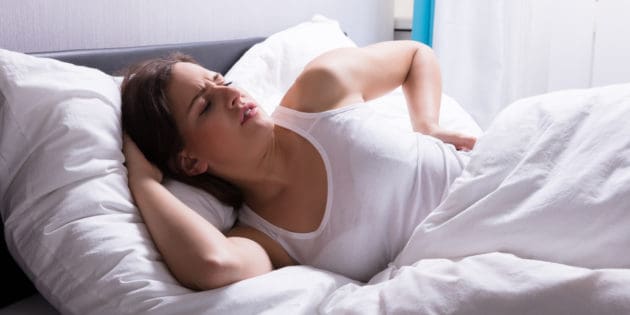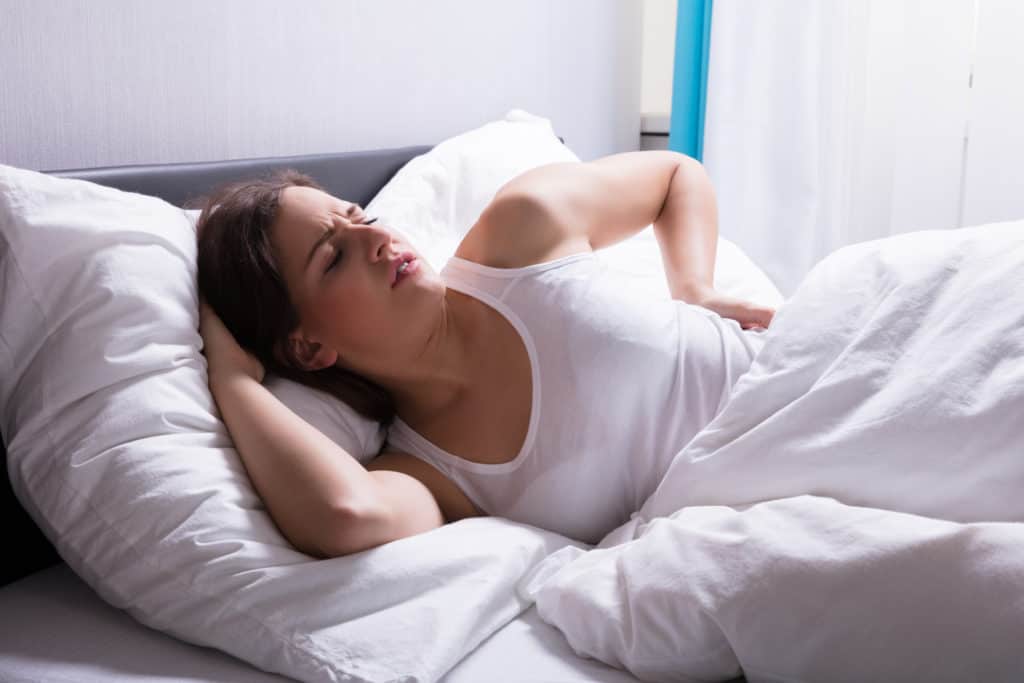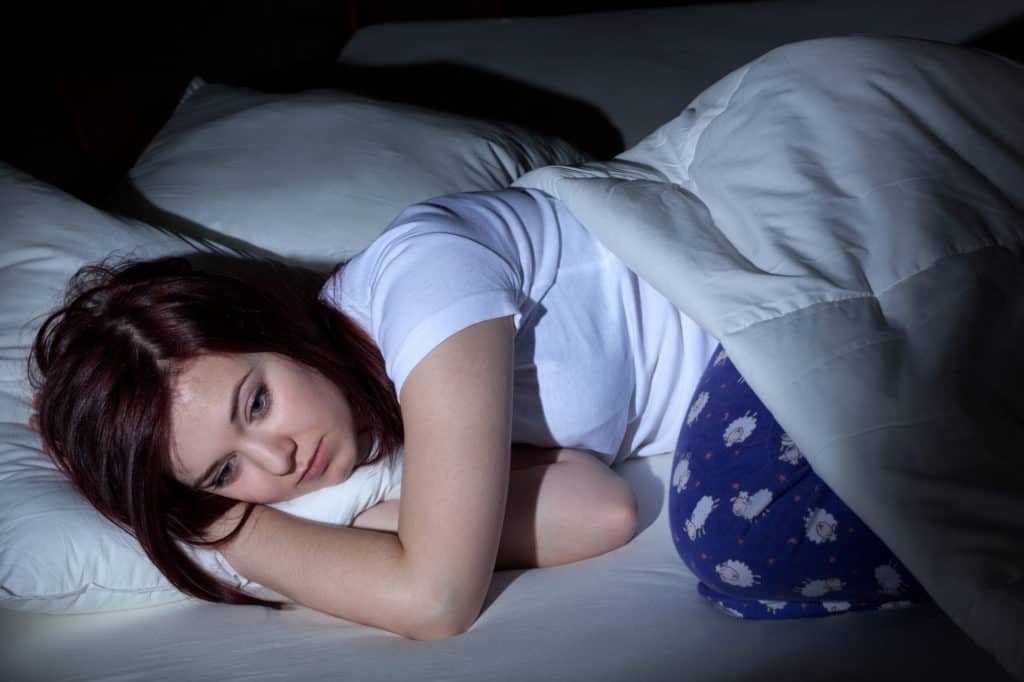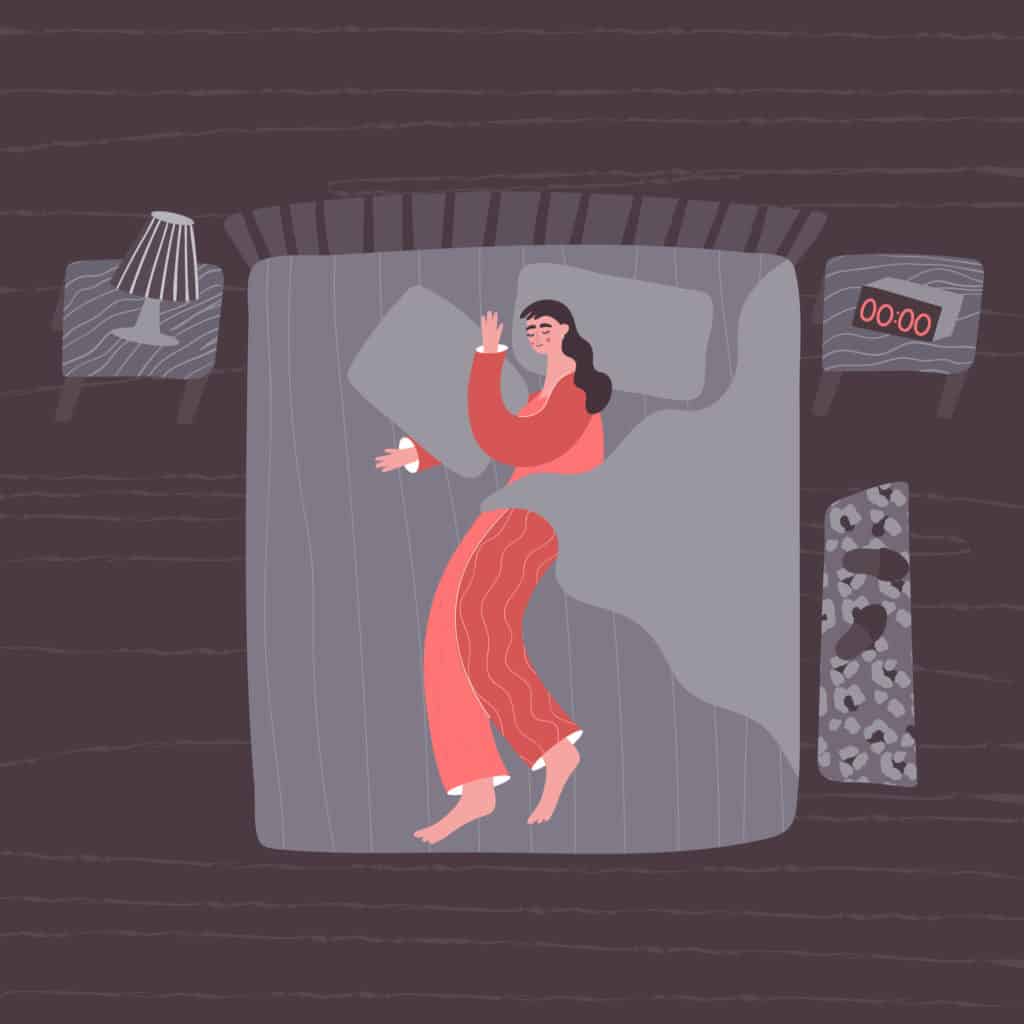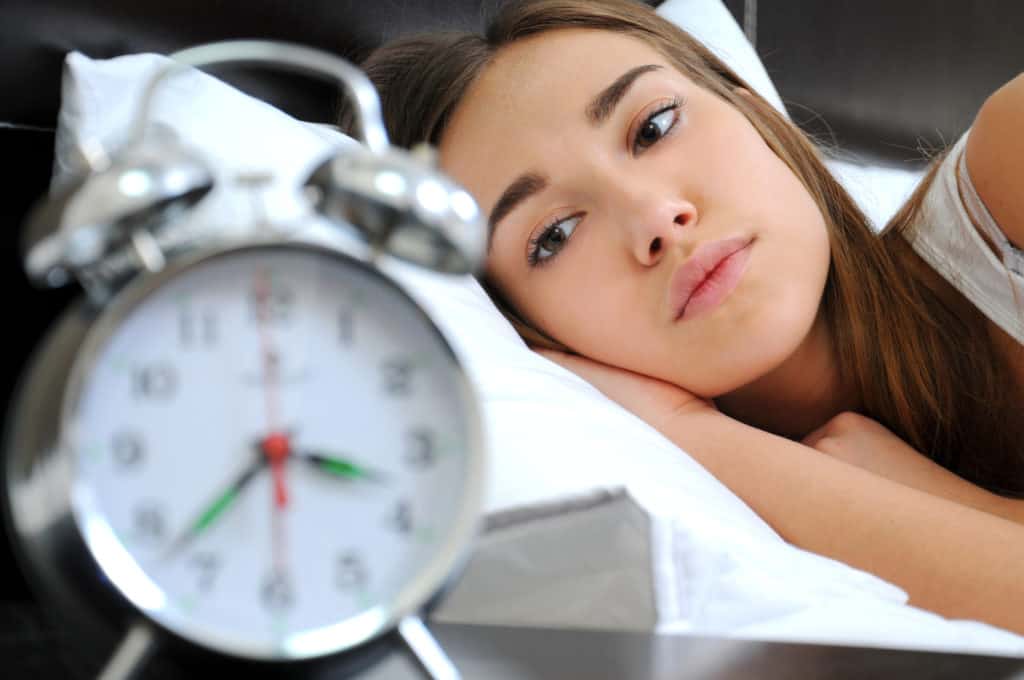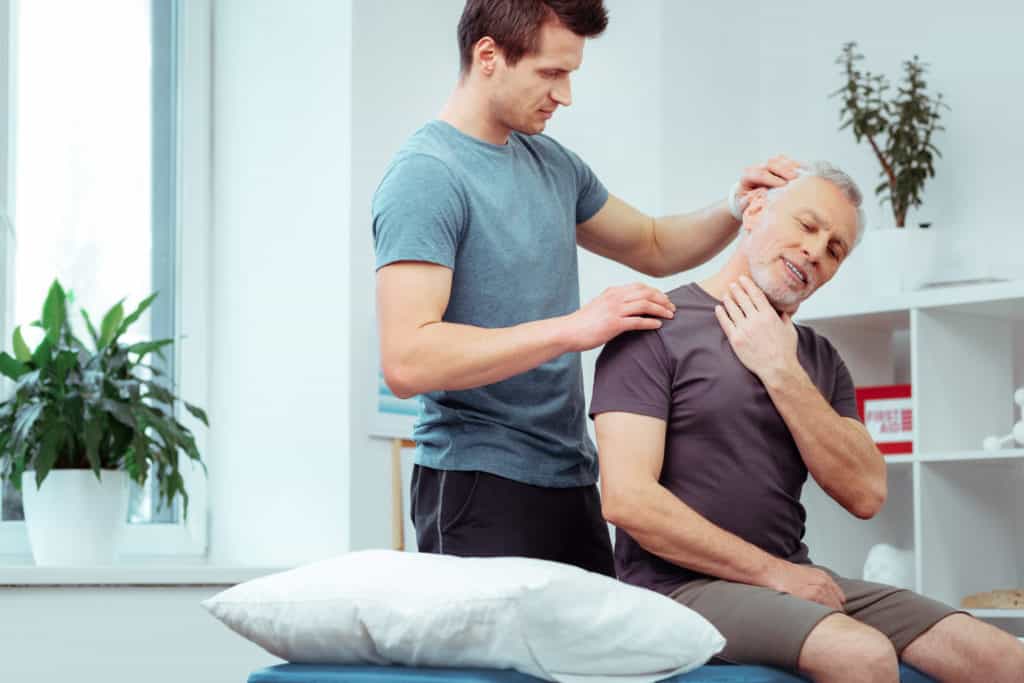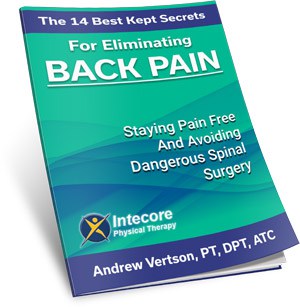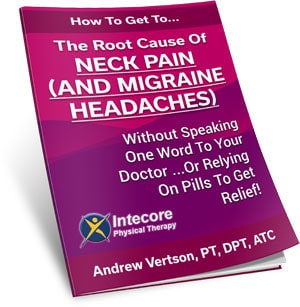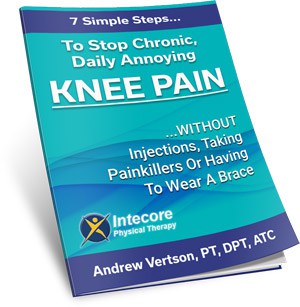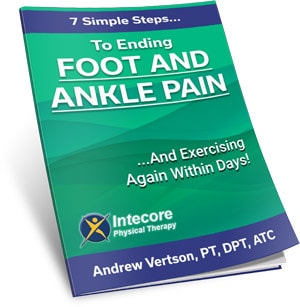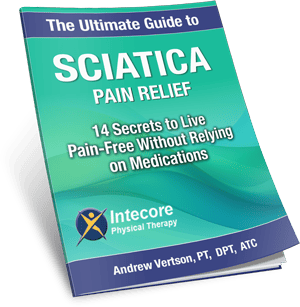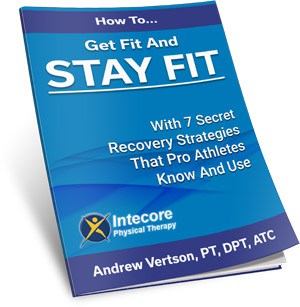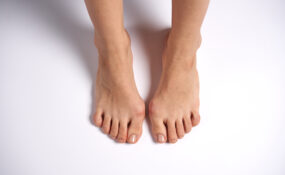First off, if chronic pain keeps you awake at night and stops you from getting a good night’s rest. Don’t worry. There are many things you CAN do.
Chronic pain is among the leading causes of sleep disturbance in the US and elsewhere. It can affect your sleep in several ways. Some of the most common manifestations of insomnia we see in pain patients include:
– Getting up numerous times during the night
– Wake up in the morning feeling fatigued because of a lack of sleep.
Along with many more variations of these recurring themes.
But regardless of the reasons for it, we know that insomnia is awful.
In the dark of the night, all you want to do is sleep, but you can’t.
You lie there (or pace around the house) knowing you’re not getting enough sleep – knowing your pain levels will be worse tomorrow.
But the more you worry, the more elusive sleep becomes.
Until the birds start tweeting and it’s time to get up.
And so, the cycle of sleep deprivation > pain > sleep deprivation – and round and round you go – begins again.
More Blogs from Intecore Physical Therapy
How Physical Therapy Can Help Keep You On Track This Year
How Can I Relieve My Shoulder Pain?
Can Exercise Help My Covid Recovery?
How Does Chronic Pain Cause Sleep Disturbance?
Subject to the nature of your pain, it can affect sleep in various ways. For example, certain conditions are exacerbated by sleeping in a particular position.
In contrast, others may specifically intensify at night or when you’re tired. Some patients experience such persistent pain that there is no let-up even when sleeping.
Plus, being in a care facility or hospital may make sleep even more challenging because of the surrounding environment and change to your routine.
But aside from preventing the onset of sleep, chronic pain can also cause you to wake up frequently at night.
This pattern of getting to sleep reasonably quickly but being woken by the pain is one of the most common reasons for sleep problems in chronic pain patients.
What else can go wrong?
- Well, during the sleep stages, there is light sleep, slow-wave, and REM (rapid eye movement) sleep. To get a good night’s rest, all of these must be in a balanced state, with slow-wave and REM the most important for physical and mental recovery. Therefore, any disruption in these sleep stages leads to poor sleep and getting up the following day feeling fatigued and unrested.
- Besides pain, some patients are prone to other sleep-related disorders like restless leg syndrome (RLS) or sleep apnea that interfere with the quantity and quality of sleep.
In the case of restless leg syndrome, patients report an overwhelming desire to move their legs and arms along with a “crawling” sensation on the lower legs.
Again, it sounds strange if you don’t suffer from it. But as you can imagine, these sensations and “jerks” can make it extremely difficult to relax and sleep.
With sleep apnea, patients experience intermittent problems with their breathing – where it stops and starts. This condition can go unnoticed for many years.
Still, it can be serious, so knowing the signs is essential. The symptoms include snoring loudly, fatigue, dry mouth, and headaches the next day, even when you appear to have had a good night’s sleep.
- Ironically, the pain medication your doctor prescribes for your symptoms could have side effects that lead to sleep disturbance. However, don’t suffer in silence if this is the case for you. There are always other options.
- Along with chronic pain, depression, stress, and anxiety can also lead to sleep disturbances. All these conditions can impact your ability to relax and rest. In addition, they lead to a vicious cycle of sleep deprivation—exacerbating chronic pain and vice versa: worsening depression and anxiety.
If any of these conditions are affecting you, we recommend you speak to your doctor or therapist to treat the issue and also prevent the associated sleep disturbance from increasing your pain levels.
How Your Sleeping Position Impacts Sleep
For many people with chronic pain, the sleeping position you choose to adopt can increase or lessen your pain levels. For example, suppose you have rheumatoid arthritis that affects your hip, shoulder, or knee joints. In that case, we recommend that you avoid sleeping on your side.
Suppose you have lower back pain issues and are prone to pressure building and being kept awake by pain during the night. In that case, we recommend that you avoid sleeping on your back or stomach because this can make back pain worse.
Also, medical conditions like multiple sclerosis (MS) can cause pain to radiate throughout the body. In addition, MS affects the nerves, which means sufferers need to change their position frequently when sleeping.
They report that altering their sleeping position helps them avoid the tingling and numbness common in MS.
Do any of these issues affect you?
One solution is to get a pillow and mattress that act as a cushion for pressure points. This cushioning helps to ensure your spinal cord’s natural alignment is maintained when you’re sleeping.
In addition, this extra support helps minimize pain. In the case of MS and other medical conditions, patients report better sleep and reduced pain with specialist beds that makes adjusting sleeping positions easier and more convenient.
But even if you don’t have MS, many mattresses and pillows are available that make sleeping with musculoskeletal issues more comfortable to prevent sleep disturbances.
How To Prevent Pain From Causing Poor Quality Sleep
If you have insomnia that is brought on by the symptoms of chronic pain, we recommend you try the following to try and get a better’s nights rest:
- Modify your diet to include sleep-promoting foods: Certain foods can be added to your dinner-time meals to increase the production of tryptophan. Tryptophan is a kind of protein that is responsible for the release of the sleep-regulating chemical: serotonin inside your body and brain. The benefits of consuming foods that facilitate tryptophan production include having a more restful sleep at night, less time to fall asleep, and getting up feeling refreshed in the morning.
Some of these kinds of food include:
- Foods with carbohydrate, e.g., rice that has a high glycemic index.
- Shellfish
- Pulses
- Fatty fish, like sardines and mackerel.
- Milk and other dairy products, like cheese.
- Certain fruits like kiwi fruit and cherries.
If you plan to make changes in your diet, we recommend you consult with your physician – especially if you have a medical condition or are taking medication because changes to your diet could cause side effects.
We also recommend avoiding drinks and foods that disrupt sleep and contain caffeine like tea, coffee, and chocolate. These foods contain theobromine and caffeine that can lead to sleep disturbance.
- Practice breathing exercises: Doing deep breathing exercises and breathing deeply and rhythmically before going to bed can help you fall asleep more easily. Taking deep breaths improves the body’s oxygen levels. It soothes the mind and may assist in stress and pain relief. Doing this before going to sleep can help you fall asleep quicker and enjoy a more restful sleep. Why? Because deep breathing helps to coordinate the breathing pattern with the heart rate leading to deeper sleep.
- Go for an evening or post-dinner stroll: If you have a desk job, a sedentary lifestyle, back pain, and sleep issues at night, taking a stroll can help you sleep better and reduce pain. While walking, your body temperature rises and then falls because the body releases heat due to increased blood circulation. When the body temperature increases and then dissipates, it stimulates your circadian cycle – your body’s internal wake/sleep cycle. But apart from walking benefitting sleep, it also helps lower stress and anxiety. In addition, when you walk every day, you help strengthen the lower back and abdominal muscles that will improve flexibility and relieve pain.
- Consider learning yoga: Yoga is a holistic exercise/ treatment for the mind and body. The combination of breathing exercises, poses (asanas) and meditation assist in the alleviation of pain and getting better sleep. However, you must only do it under the supervision of a licensed instructor – especially if you have chronic pain. Your instructor will create a tailormade flow (routine) modified to suit your specific requirements. Then, after you have learned them well enough and are confident of doing them correctly on your own, you can do it daily at home – right before sleep.
- Explore the possibility of using a sleep aid: We don’t recommend prescription sleep medication unless necessary. These types of sedatives can be addictive and have negative long-term health consequences. But there are many kinds of over-the-counter sleep aids available for better sleep. Choose from sleep-inducing bath oils, pillow sprays, and “sleepy teas” to herbal tinctures and natural supplements. But if you’re taking medication, always check with your doctor first to prevent unpleasant side effects.
How Can We Help You
Does any of this sound familiar?
We can help you set up a personalized plan to stop pain from keeping you up at night.
Whether it’s a question about pain pain management, physical therapy for sleep or something else completely, get in touch now so we can help you.
- 7 Ways to Get Rid of Tension Headaches Naturally - July 1, 2025
- Why Are My Feet Swollen? Common Causes Explained - June 2, 2025
- What Is Restless Leg Syndrome? Symptoms, Causes, and Relief Options - May 5, 2025

